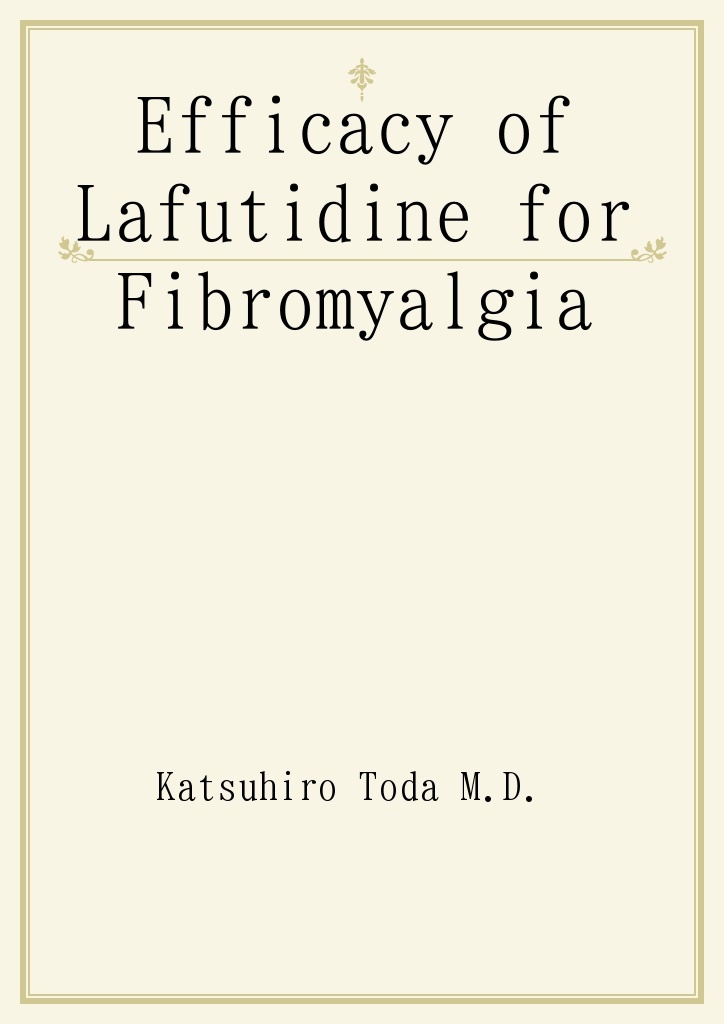A controlled study demonstrated the efficacy of lafutidine for BMS. This study examined the efficacy of lafutidine for FM. Lafutidine 20 mg/day was administered to patients with FM. During the administration of lafutidine, there were no new medicines added to the regimen and there were no changes in the dose of any other medication being co-administered. Subjective pain before administration of lafutidine was regarded as 10, and patients were then asked to estimate subjective pain after the administration of lafutidine. Twenty-six patients with FM consisted of 23 females and 3 males ranging from 14 to 83 years of age (average: 43.0). The mean duration of lafutidine administration was 29.7 days (range 14-70 days). Lafutidine reduced pain in 8 patients (30.8%), did not reduce pain in 17 patients (65.4%), and increased pain in 1 patient (3.8%). Of the 17 patients who did not respond to lafutidine, 2 discontinued administration because of gastric distress. Of the 17 patients who did not respond to lafutidine, stomach heaviness was relieved in 1 patient, and abdominal discomfort was relieved in 1 patient. When the patient with aggravation was excluded, the average subjective pain after administration of lafutidine was 8.6. Lafutidine activates the mucosal defensive mechanisms in the gastrointestinal tract by sensitizing capsaicin-sensitive afferent neurons (CSAN). Capsaicin, one component of hot pepper, has an analgesic effect and capsaicin sensitizes CSAN. Although the analgesic mechanism of lafutidine is unclear, it may be an analgesic effect.
This book is free of charge. If you click “この本を開く“, you can download full text. Full text is in http://p.booklog.jp/book/74824/read.
